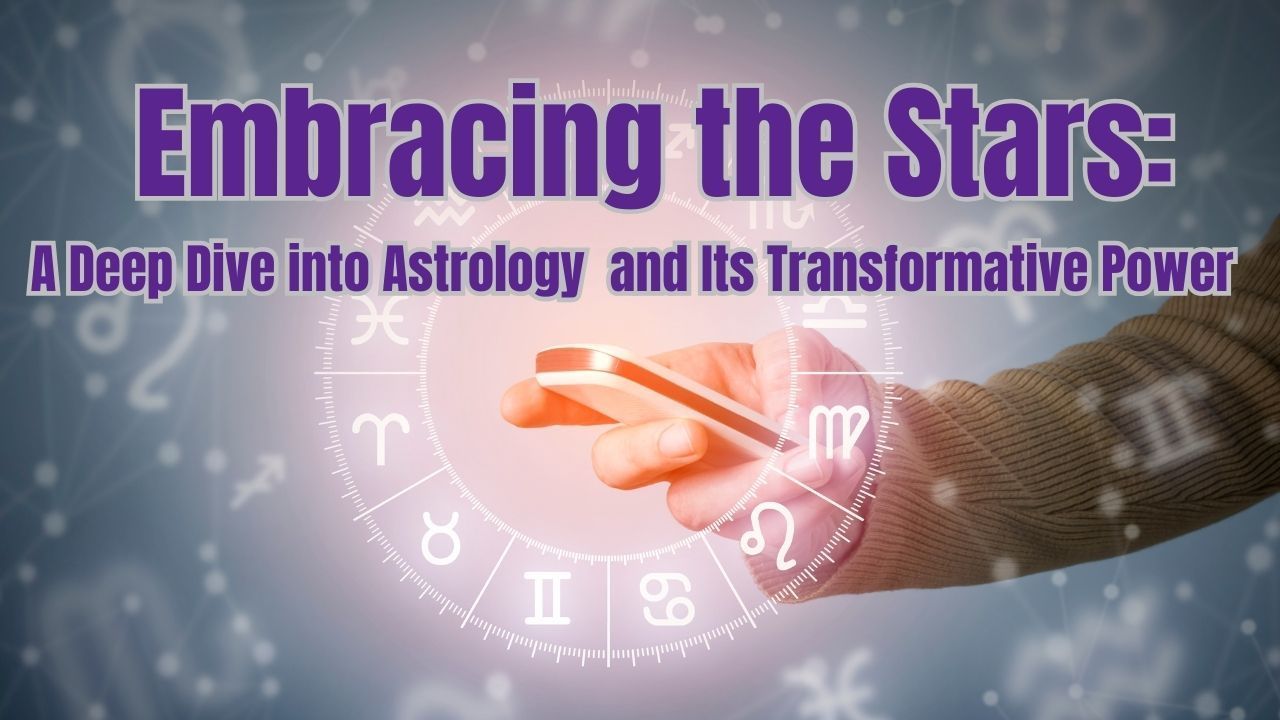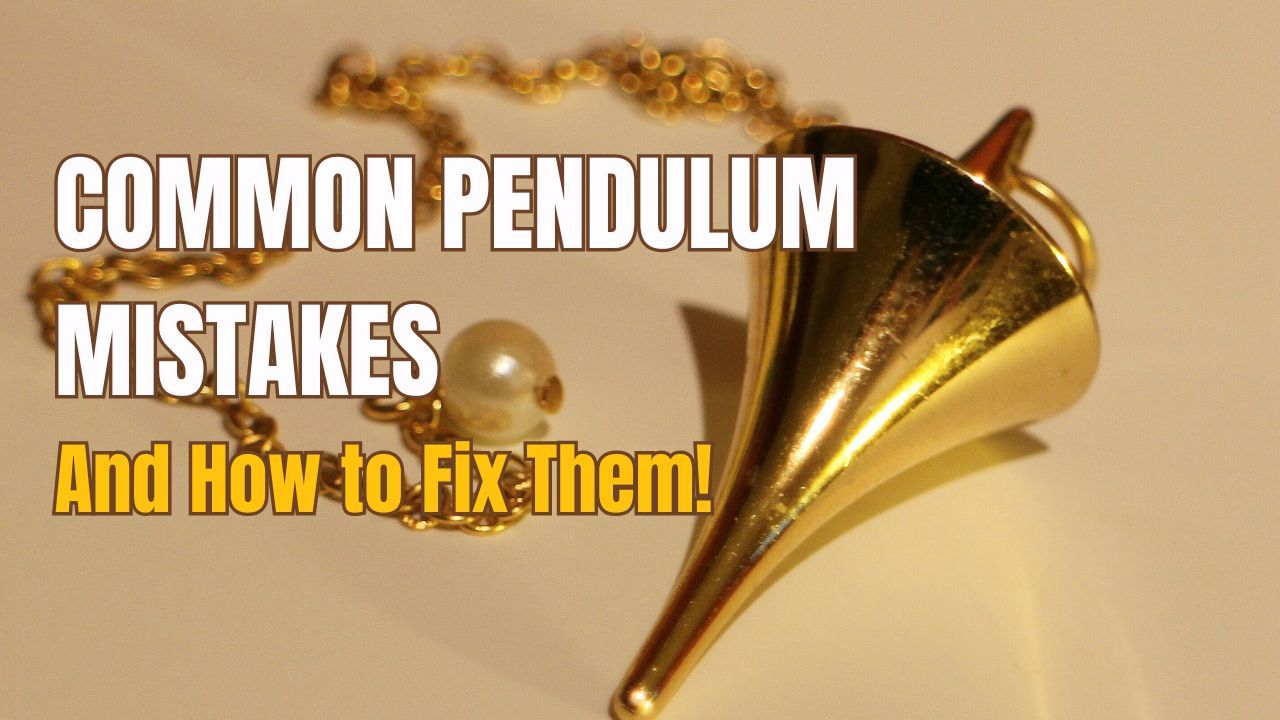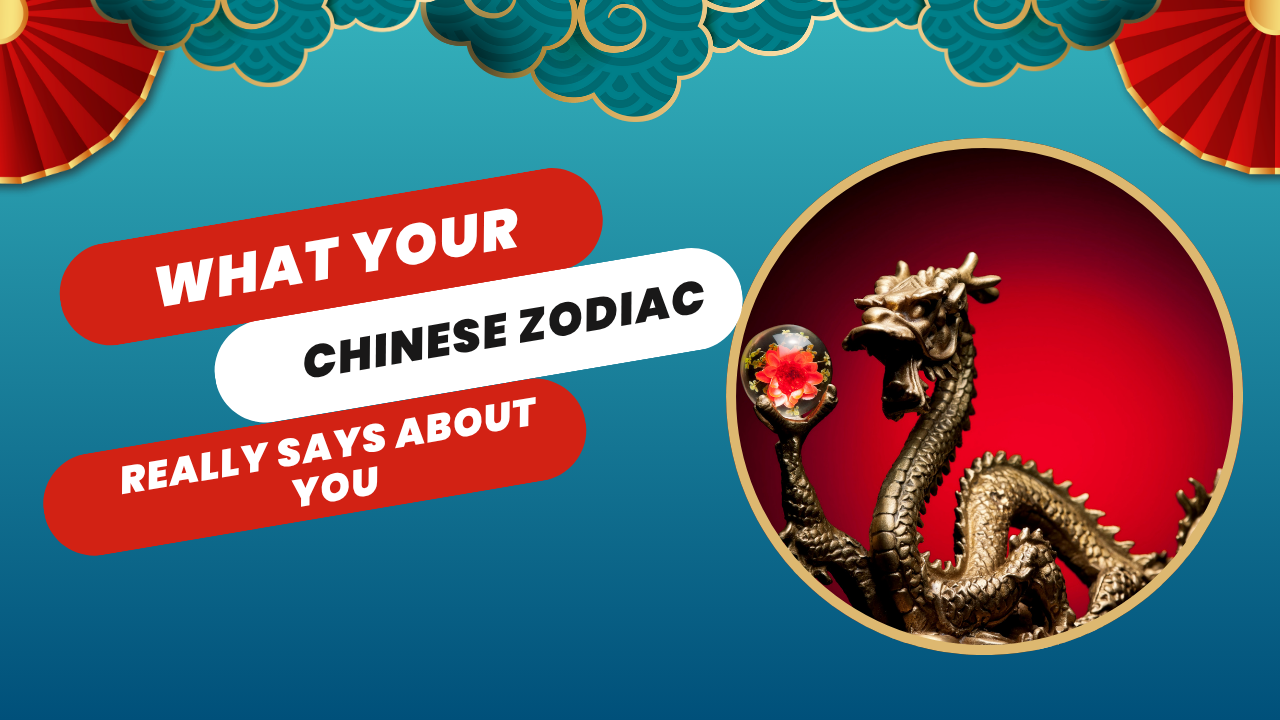Unlocking the Wisdom of Ages:
The I Ching - History and Guide to Fortune Telling
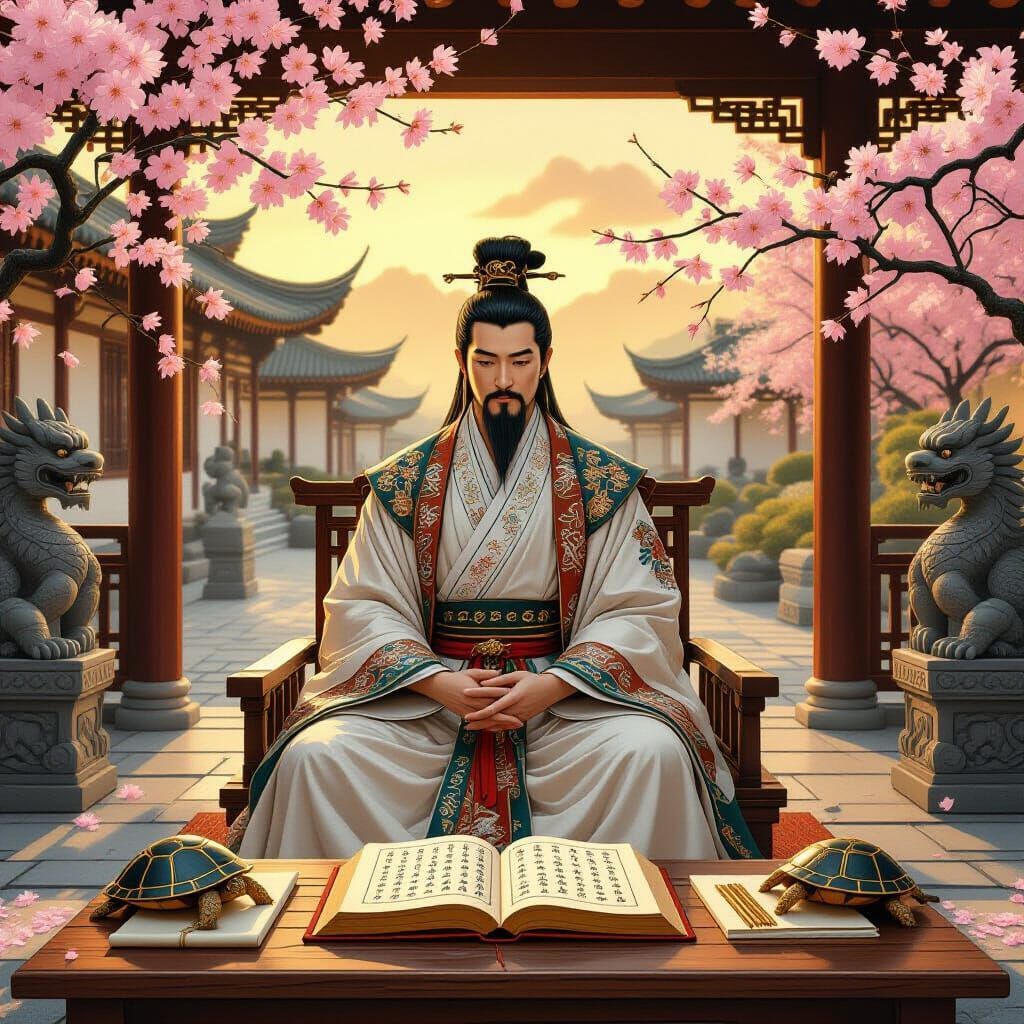
The I Ching, also known as the Book of Changes, is one of the world's oldest and most revered divination systems. With a history spanning over two millennia, this ancient Chinese text has guided countless individuals seeking wisdom, guidance, and a glimpse into the mysteries of the universe. In this blog post, we will delve into the rich history of the I Ching and provide a beginner's guide on how to use it for fortune-telling.
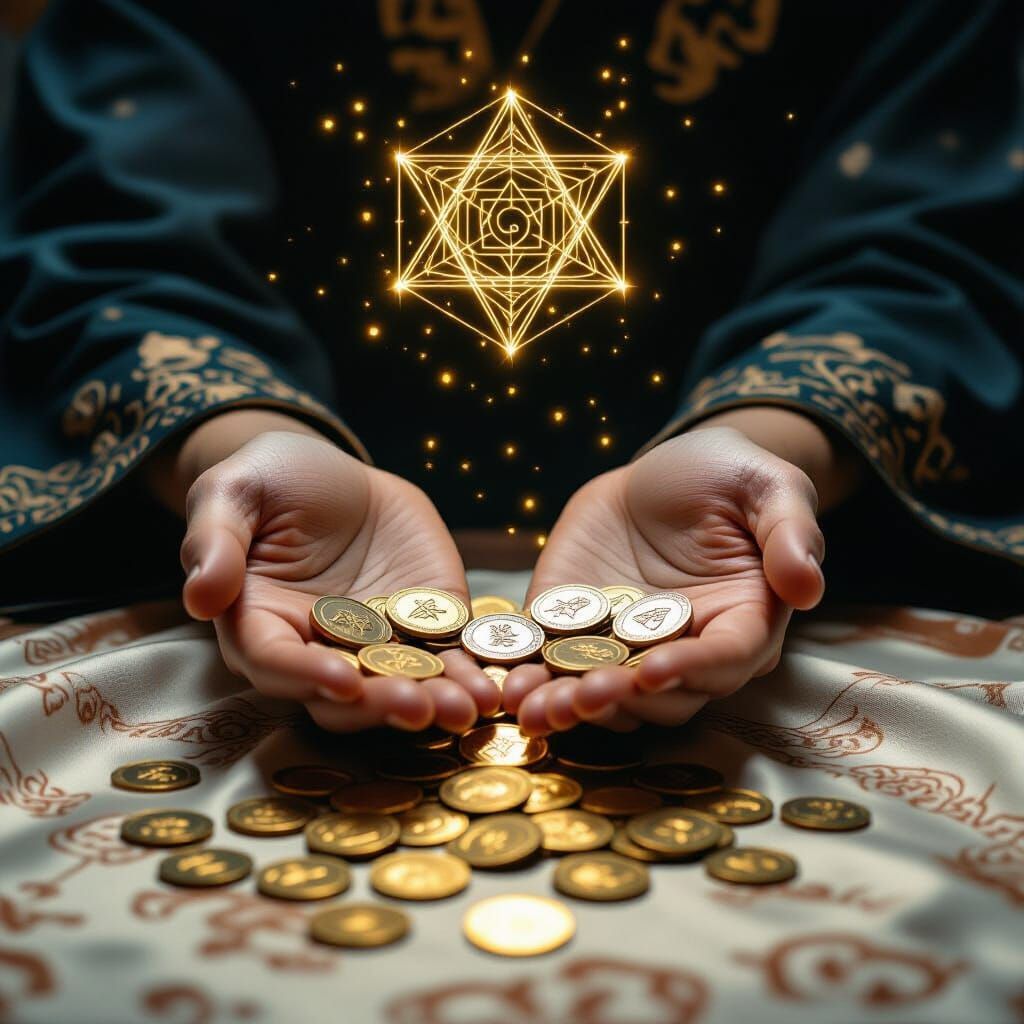
The History of the I Ching:
The origins of the I Ching can be traced back to ancient China, where it was developed during the Zhou dynasty (around 1046–256 BCE). Initially, it served as a divination tool for the royal court, guiding political matters and decision-making. Over time, its popularity spread among scholars, philosophers, and individuals seeking spiritual insights.
The core of the I Ching consists of 64 hexagrams, each formed by combining six stacked horizontal lines. These hexagrams represent different states or conditions, each with unique meanings and insights.

Using the I Ching for Fortune Telling:
Fortune telling with the I Ching involves a process of consultation and interpretation. Here is a simple guide to get you started:
Clear Your Mind: Before consulting the I Ching, take a few moments to clear your mind of distractions and focus on your question or concern. Attaching the divination process with sincerity and an open heart is essential.
Formulate Your Question: Clearly articulate your question or issue in your mind. Keep it specific and concise to receive a clear response from the I Ching.
The Coin Method: The I Ching is traditionally consulted using three coins. Assign numerical values to the heads (3) and tails (2) sides of the coins. Toss the coins six times, recording the results each time. This process generates a numerical sequence called a "hexagram."
Determine the Hexagram: Once you have the numerical sequence, refer to an I Ching hexagram chart or book to find the corresponding hexagram. Each hexagram has a specific meaning and provides insights into your question.
Interpretation: Now comes the essential part—interpreting the hexagram and its changing lines. The changing lines indicate dynamic elements in your situation, offering more profound layers of insight and advice. Take your time to reflect on the hexagram's meaning and how it relates to your question.
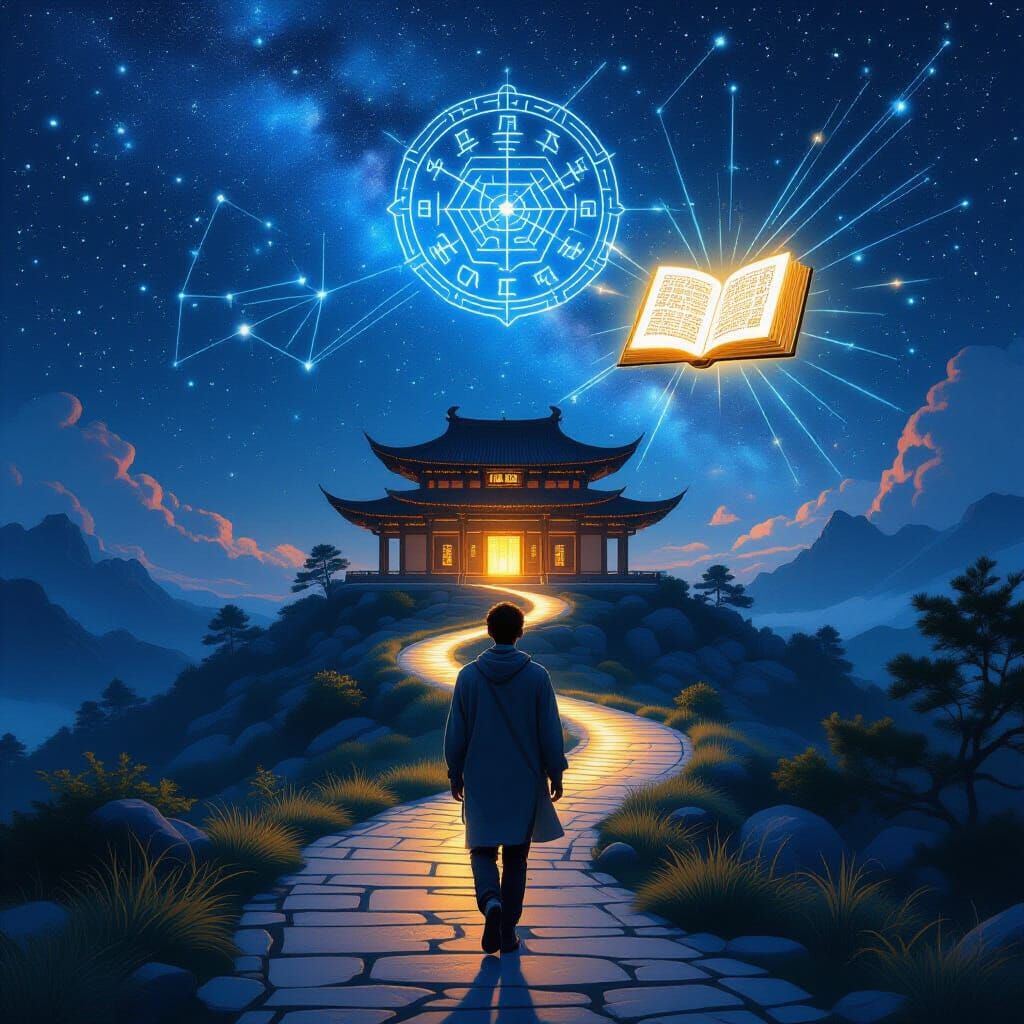
Embrace the Wisdom: The I Ching is not a tool for predicting specific events; instead, it offers guidance, wisdom, and potential outcomes based on the current situation. Embrace the insights offered and consider how they can inform your decisions or actions moving forward.
The I Ching is a profound divination system that continues to captivate and enlighten seekers from all walks of life. Its rich history, rooted in ancient Chinese culture and philosophy, adds depth and authenticity to the wisdom it imparts. As you explore the I Ching for fortune telling, remember to approach it with respect, openness, and a willingness to embrace its guidance.
Through the I Ching, we can connect with the profound wisdom of ages past and gain valuable insights into the ever-changing nature of our lives. Whether seeking clarity in times of uncertainty or seeking guidance on life's important decisions, the I Ching remains a timeless companion on the journey of self-discovery and enlightenment.
Sarah Kulkens™

